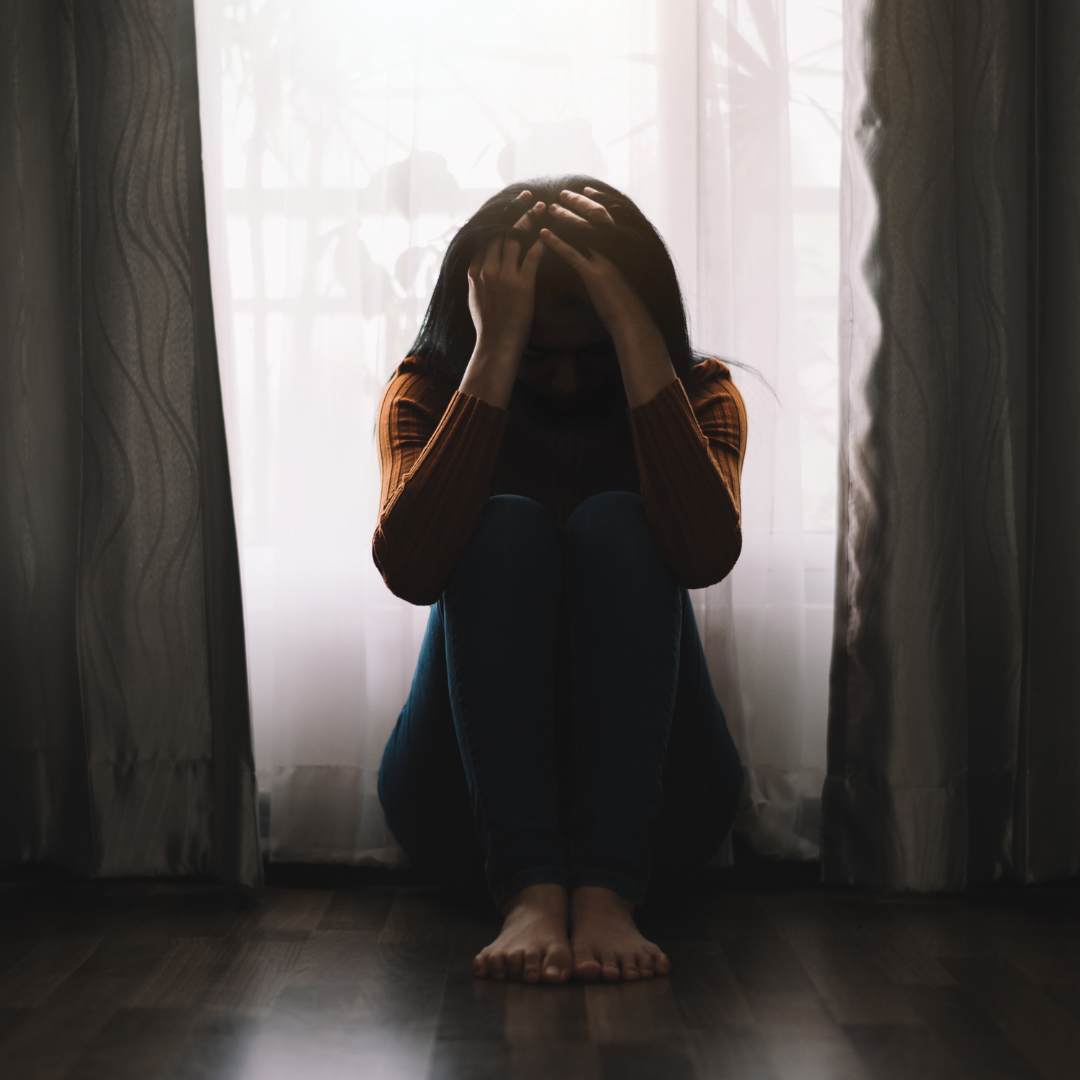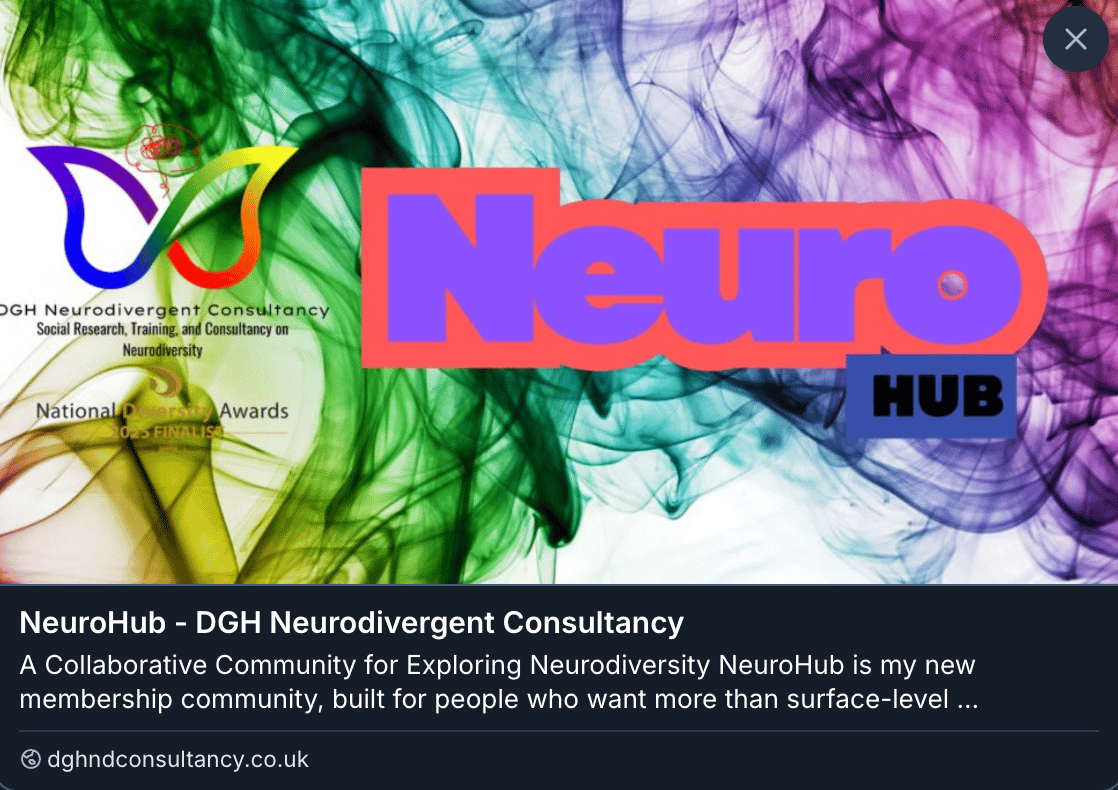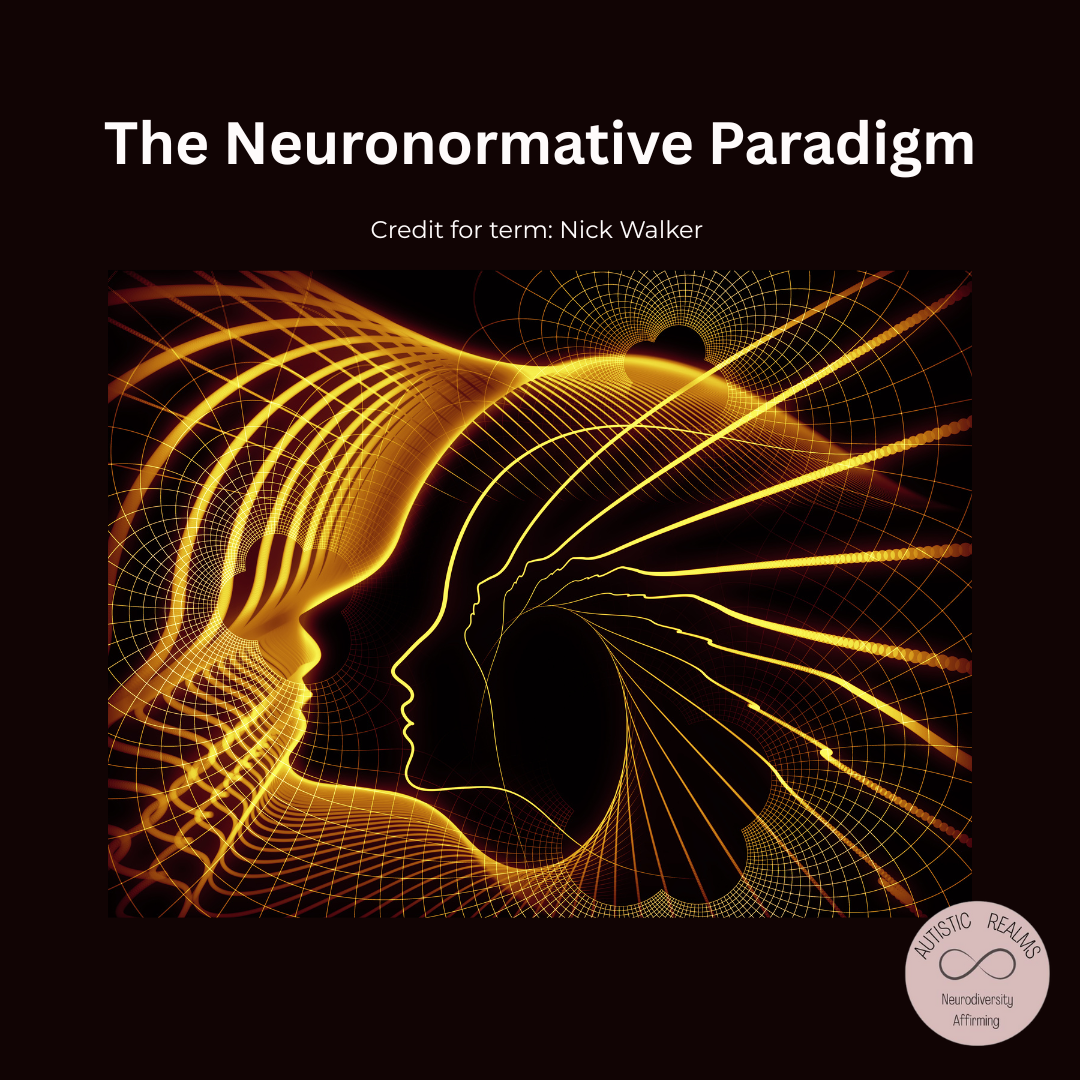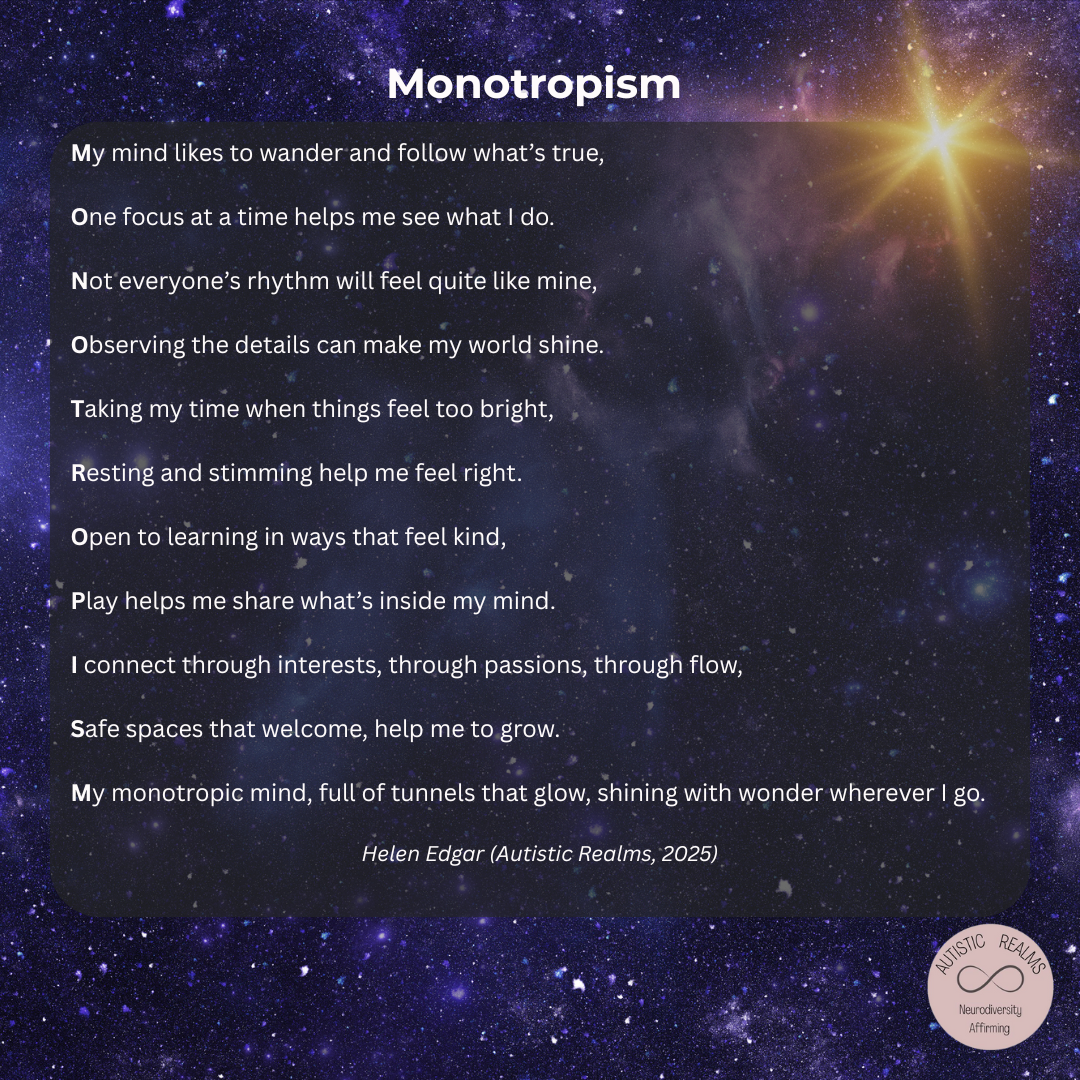Your basket is currently empty!

The Autistic Dream Realms Project
Autistic Dream Realms
The Autistic Dream Realms Project, created with Katie from Autistic and Living the Dream is a project in which we share information about being Autistic and OCD, as people with lived experience of both, as an individual (Katie) and a parent (Helen) to help demystify Autism and OCD.
General content warnings: mental health, intrusive thoughts, compulsions, ableism.
Autistic and Living the Dream and I asked a question of the OCD and Autistic community, and those who care for us, I asked you all:
If you could let people know one thing about supporting someone who is OCD and Autistic, what would it be?
And you shared:
- Be patient.
Breathe.
Validate their emotions and narrate your thoughts with empathy. Validation is a very strong tool.
My one recommendation: Focus on reducing overwhelm with dedicated low demand time and being mindful of sensory needs. I’ve found autistic routines help my children they provide consistency & predictability and lower anxiety but ocd rituals are disabling and cause heightened anxiety.
I hope every day that today will be the one when we can see small shoots of hope. I start each day with fresh hope but sometimes it’s so hard and I grieve for the life he should have.
Listen and validate experiences.
Work with them and not instead of them.
Acceptance of their authentic autistic self – sadly this feels ‘radical’ due to the ignorance of medical and education professionals as well as wider society.
Investigating my own emotional dysregulation as a parent and working on it (children pick up on others’ anxiety).
The thing that seems to help them the most is for me to stay calm and level headed. No judgement. No ‘oh don’t be silly’. Doing what I can to make life easier for them and to give them a break from their own brain.
My best advice is to leave things alone. My son is very particular about his things. He likes his things a certain way.
People need kindness and friendship above all else.
You do not have to vilify the ocd. Many ‘treatment’ approaches suggest naming it a bully or beast to be beaten with structured ERP. This was super upsetting for my highly empathic yp. Instead, we talked of ocd as an over protective friend who has got things abit wrong, and sees danger where there isn’t any. We treat ocd with compassion and kindly teach it that there’s no danger, just the fear feelings. Which with support and tiny steps, we can manage to live alongside it. That it can be debilitating for the autistic person experiencing OCD and their family.
Breathe.
However frustrating you may find their need to do something, it is much more frustrating for them and causes more anxiety if they can feel your frustration shining through.
Ocd can also be getting stuck in an emotional loop…..it takes time , patience and heart!
Validating childrens emotions and feelings plays an essential role.
Be patient, give them time and lots of love. Make them know that you understand what they are going through and how hard it is.
Try to talk about ocd as an over protective friend who has got things abit wrong, and sees danger where there isn’t any. Treat ocd with compassion and kindly teach it that there’s no danger, just the fear feelings, which with support and tiny steps, we can manage to live alongside.
Try and keep reminders of times when you’ve shown OCD there was nothing to fear.
Put “Positivity Post-it notes up” to read when OCD becomes too loud some days.
We talk openly about the journey being bumpy. Ocd is louder on days they’re poorly, tired or managing changes.
It’s about teaching them to look for MEANINGFUL opportunities to teach OCD
It’s about supporting your young person to identify what they’d like to do that OCD is currently preventing and then finding small manageable steps to get there.
[ID: slides have pale green backgrounds with black text which reads: OCD and Autistic. If you could let people know one thing about caring for an autistic person experiencing OCD what would it be?
At the centre of each infographic is the communities comments. One comment per slide. Following the alt text provided above.
At the bottom of the page is a circular Autistic and Living the Dream logo opposite the Autistic Realms logo with an infinity symbol in between. Black text between them reads: An Autistic Dream Realms Project]
Click on the image below to find out more

























If you could let people know one thing about being OCD and Autistic, what would it be?
Autistic and Living the Dream and I asked a question of the OCD and Autistic community, and those who care for us, Katie asked you all:
If you could let people know one thing about being OCD and Autistic what would it be?
And you shared:
- My OCD is largely driven by long-term stress and bottled-up anxiety and anguish. Outside of that it fades into the background.
- My weirdness hurts me a lot more than it hurts you.
- It doesn’t make you any less of a person. You are enough. You are not your thoughts.
- It’s more than just cleaning obsessions and checking doors and switches. It’s the constant intrusive thoughts about my own mortality, catching cancer and checking for lumps and symptoms etc.
- Living with both feels like you’re having a constant battle in your head. Going through absolute Hell with it at the minute and struggling to function and make it through the day.
- It feels like it never ends. My Autistic routines and rituals can be helpful, my OCD ones are making me severely ,mentally and physically unwell.
- It’s definitely something that not a lot of people really understand.
- It can be quite harmful when the term “everyone is a bit OCD or Autistic” is thrown at you. Er, no that’s not how it works.
- Glad there are pages like this that help to bring the reality to light.
- Can I also add ADHD into the mix? Then it becomes hard to also stick to the routines and having things how you like and need them because you are always then forgetting what you were pre-doing.
- Let us take our time. If we’re checking something over and over again don’t tell us to stop, or that we’ve already checked that, you may think it’s helping but it actually makes things worse and it makes our mind more full, stimulating the OCD.
- The sensory issues that come with autism also fill the mind, stimulating the OCD and causing an even worse sensory overload.
- Most people don’t understand how debilitating it is. Not just inconvenient.
- The two are really difficult to tell apart and don’t always play nicely together!
- That living with it is what is valid regardless of whether a ‘professional’ has actually given a diagnosis.
- Diagnosis is a privilege.
- I realised I was OCD because other people pointed it out to me as I had really struggled with them being in my space because of my OCD tendencies.
- I’ve always been checking things are ‘safe and secure’ ever since childhood. I always want to leave things as I found them, and if everything is ‘in its place’, I feel safe.
- Autism (to me!) feels like a mishmash of other Neuro-Divergences. Like a tree with branches and mini branches and leaves branching out.
[ID: slides have various coloured backgrounds with black text which reads: OCD and Autistic. if you could let people know one thing about being Autistic and OCD what would it be?
At the centre of each infographic is the communities comments. One comment per slide. Following the alt text provided above.
At the bottom of the page is a circular Autistic and Living the Dream logo opposite the Autistic Realms logo. Black text between them reads: An Autistic Dream Realms Project]
Click on the image below to find out more























August 2023
We asked people to share one word to describe OCD. We had a great response online as people shared some very powerful words to describe OCD. I shared these words on a poster (see below) and created a poem using some of the words.
Katie Munday from Autistic and Living the Dream created and shared a video monologue of the words shared across their social media platforms.


Helen Edgar, Autistic Realmswww.autisticrealms.comAll images / graphics /photos used in infographics/ articles and e-books created by autistic realms are taken from Canva Designs unless otherwise stated.All information shared is for educational purposes and discussion. I am not a medical or mental health professional and this is not a substitute for seeking professional advice as needed to meet your specific needs.
Latest Posts
-
Autistic Burnout – Supporting Young People At Home & School

Autistic burnout in young people is real—and recovery starts with understanding. This post offers neuroaffirming ways to spot the signs, reduce demands, and truly support. 💛 #AutisticBurnout #Neuroaffirming #Monotropism #AutisticSupport
-
Monotropic Interests and Looping Thoughts

The theory of monotropism was developed by Murray, Lawson and Lesser in their article, Attention, monotropism and the diagnostic criteria for autism (2005). Monotropism is increasingly considered to be the underlying principle behind autism and is becoming more widely recognised, especially within autistic and neurodivergent communities. Fergus Murray, in their article Me and Monotropism:…
-
Map of Monotropic Experiences

Monotropism seeks to explain Autism in terms of attention distribution and interests. OSF Preprints | Development and Validation of a Novel Self-Report Measure of Monotropism in Autistic and Non-Autistic People: The Monotropism Questionnaire This map highlights 20 common aspects of my personal monotropic experiences. How many do you experience? Where are you on the map…
-
Autistic Burnout – Supporting Young People At Home & School

Being autistic is not an illness or a disorder in itself, but being autistic can have an impact on a person’s mental and physical health. This is due to the often unmet needs of living in a world that is generally designed for the well-being of people who are not autistic. In addition, three-quarters of…
-
The Double Empathy Problem is DEEP

“The growing cracks in the thin veneer of our “civilised” economic and social operating model are impossible to ignore”, Jorn Bettin (2021). The double empathy problem (Milton, 2012) creates a gap of disconnect experienced between people due to misunderstood shared lived experiences. It is “a breakdown in reciprocity and mutual understanding that can happen between people…
-
Top 5 Neurodivergent-Informed Strategies

Top 5 Neurodivergent-Informed Strategies By Helen Edgar, Autistic Realms, June 2024. 1. Be Kind Take time to listen and be with people in meaningful ways to help bridge the Double Empathy Problem (Milton, 2012). Be embodied and listen not only to people’s words but also to their bodies and sensory systems. Be responsive to people’s…
-
Autistic Community: Connections and Becoming

Everyone seeks connection in some way or another. Connections may look different for autistic people. In line with the motto from Anna Freud’s National Autism Trainer Programme (Acceptance, Belonging and Connection), creating a sense of acceptance and belonging is likely to be more meaningful for autistic people than putting pressure on them to try and…
-
Monotropism, Autism & OCD

This blog has been inspired by Dr Jeremy Shuman’s (PsyD) presentation, ‘Neurodiversity-Affirming OCD Care‘ (August 2023), available here. Exploring similarities and differences between Autistic and OCD monotropic flow states. Can attention tunnels freeze, and thoughts get stuck? Autism research is shifting; many people are moving away from the medical deficit model and seeing the value…
-
Monotropism Questionnaire & Inner Autistic/ADHD Experiences

Post first published 28th July 2023 Over the past few weeks, there has been a sudden surge of interest in the Monotropism Questionnaire (MQ), pre-print released in June 2023 in the research paper ‘Development and Validation of a Novel Self-Report Measure of Monotropism in Autistic and Non-Autistic People: The Monotropism Questionnaire.‘ by Garau, V., Murray,…
-
Penguin Pebbling: An Autistic Love Language

Penguin Pebbling is a neurodivergent way of showing you care, like sharing a meme or twig or pretty stone to say “I’m thinking of you,” inspired by penguins who gift pebbles to those they care about.
-
New Community NeuroHub Space with David Gray-Hammond

Autistic RealmsHelen Edgar Autistic Advocate, Author & ConsultantNeurodiversity-Affirming Supporting Autistic People To Grow & Thrive Welcome to Autistic Realms Newsletter! Exciting news! David Gray-Hammond (Emergent Divergence) has a new community: NeuroHub! I’m really delighted to be collaborating with David and to be part of this new community space as an affiliate.Why NeuroHub?Because the neurodiversity paradigm…
-
The Neuronormative Paradigm: Naming The Systems That Harm

The Neuronormative Paradigm, conceptualised by Nick Walker, names the systems that define and enforce what society considers normal. This exploration piece contrasts the neuronormative paradigm with the neurodiversity paradigm, which recognises all ways of being as vital to human diversity.
-
Monotropism: A Poem

A poem about monotropism for children, young people, families and educators to open conversations about Autistic & ADHD experiences.













